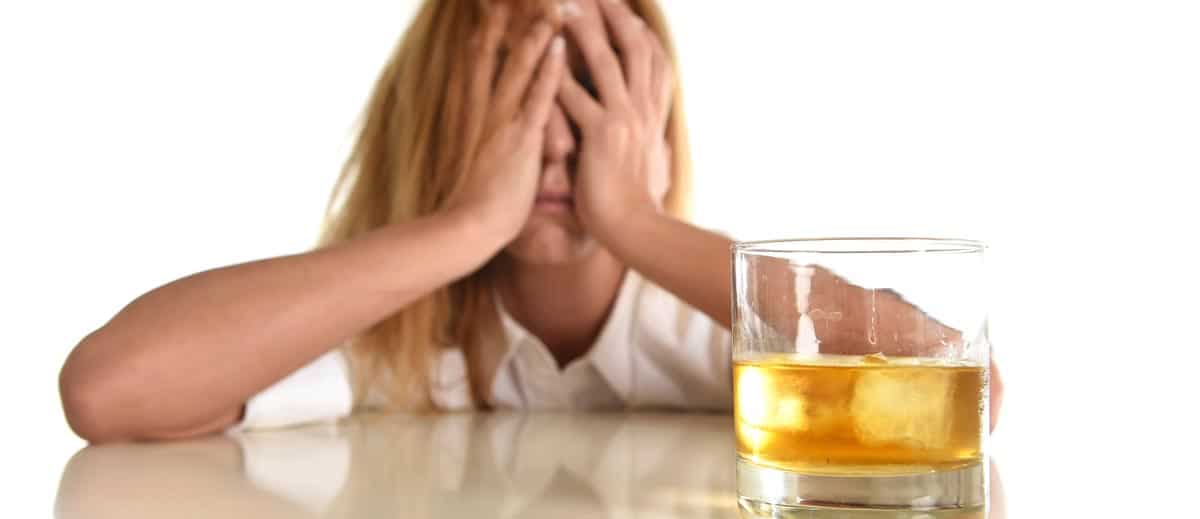Holiday Lapse: How to Avoid Relapse and Bounce Back from a Slip
Last Updated on August 11, 2023

In fact, relapse is now considered the norm rather than the exception, and most experts and addiction professionals at drug and alcohol rehab centers view it as an opportunity to re-evaluate the recovery plan and develop more effective relapse prevention strategies for coping with triggers, cravings, and stress moving forward.
Relapse Risk During the Holidays
During the holidays, emotions tend to run high, stress increases, and sedentary activities like eating and drinking are more common. Many people also experience negative emotions during this time of year, including fatigue, irritability, sadness, anger, and loneliness.3
Alcohol abuse among young adults also peaks during certain holidays, including Thanksgiving and New Year, and generally speaking, the holidays are a particularly vulnerable time for people in recovery.2
Holiday stress can be a result of several different factors, including:
- Financial difficulties
- Complicated travel plans
- Family discord
- Unhealthy eating habits
- Missed support group meetings
- Seasonal Affective Disorder
- Negative or painful feelings
- More alcohol exposure at office parties, family get-togethers, and holiday events
For a person in recovery, these types of stress-inducing factors can quickly lead to a lapse. Therefore, extra self-care, mindfulness, and support are always recommended during the holiday season.
Reducing Relapse Risk After a Slip-Up
Addiction relapse is characterized by a return to compulsive use of drugs or alcohol despite negative consequences or trying to quit.2 The National Institute on Alcohol Abuse and Alcoholism points out that while using drugs or alcohol in recovery increases the risk of an eventual relapse of the addiction, not every lapse leads to relapse, especially if intervention is swift after an initial episode of using.
One of the most important factors in determining whether a lapse will turn into a relapse is your emotional response to the slip-up. Those who experience guilt and other negative emotions following a lapse and who believe the lapse occurred due to personal failure are more likely to relapse as a way of escaping those negative feelings. Likewise, those who attribute the lapse to a total lack of willpower are more likely to give up and simply abandon any attempt at sobriety.
Avoid Relapse and Enjoy Sober Holidays This Year
Whether or not a lapse has turned into a relapse, it’s critical to withhold self-judgment and move forward. Just as it took time for an addiction to develop, it takes time to develop a lifestyle that’s conducive to sobriety and hone the skills necessary for maintaining it. A lapse does not equal failure. It’s not the end of recovery, and it’s not the end of the world.
If you do slip up this year during the holidays, here are five effective ways to get back on track and avoid relapse.
1. Don’t give up on yourself. Whether or not a lapse has turned into a relapse, it’s critical to withhold self-judgment and move forward. Just as it took time for an addiction to develop, it takes time to develop a lifestyle that’s conducive to sobriety and hone the skills necessary for maintaining it. A lapse does not equal failure. It’s not the end of recovery, and it’s not the end of the world.
2. Ask for help right away. As soon as a lapse occurs during the holidays, ask for help immediately. Contact your sponsor, a supportive family member, your case manager, an addiction treatment center, your physician or your therapist, or head straight to a support group meeting.
3. Take responsibility for your actions. As soon as you ask for help, you’re acknowledging that you made a mistake, and you’re taking responsibility for it. You’re saying that you want to continue with recovery, but you need help doing it.
4. Examine what went wrong and seek ongoing support. You’ll likely need to attend more support group meetings and therapy sessions, or even re-enroll in drug rehab for a while, but with the help of your sponsor, support group members, and therapist, you’ll closely examine what went wrong. You’ll determine:
- When the lapse process started
- What triggered it
- What you didn’t do that you should have done
- What skills and strategies you’re currently lacking
5. Make some personal changes. Then, you’ll work to fill in those deficiencies. Maybe you’ll need to pay particular attention to your stress level, or better address your negative emotions. Chances are, the lapse process started well before the holidays, but you may not have noticed a shift in your attitudes or emotions, so you’ll need to be particularly mindful moving forward.
Although you may feel like it’s impossible to avoid relapse, especially during the holiday season, you can stay sober with the right support and ongoing treatment.
Get the Support You Need to Avoid Relapse This Holiday Season
Moving forward is the primary goal after a lapse or relapse. You must pick yourself up, forgive yourself, and let go of any guilt, shame or self-loathing. Start where you are and fully and mindfully engage with your ongoing recovery. In doing so, you’ll probably find that you come out of your holiday lapse stronger than ever before.
Contact Nova Recovery Center today for more information about our long-term rehab program, IOP, and additional recovery support services. Our admissions team is waiting and ready to assist you in whatever way they can.
References:

